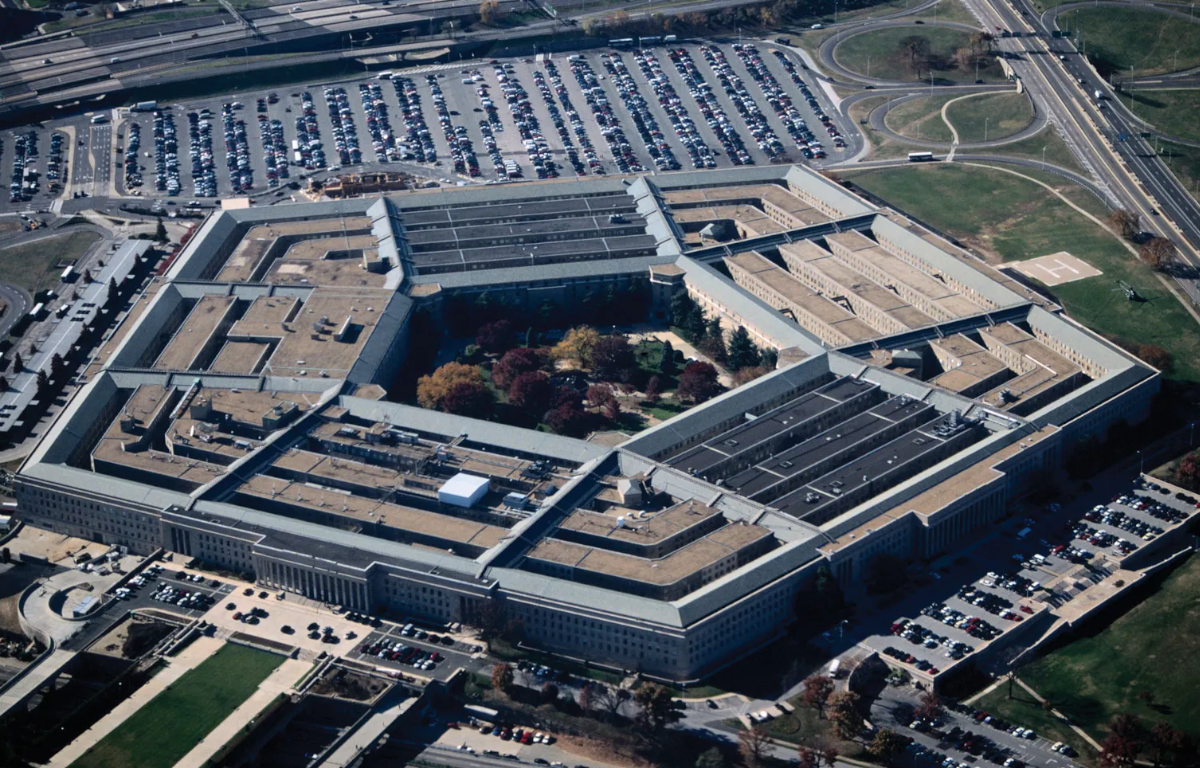
The incident in question allegedly took place in the vicinity of Taiwan, a region already fraught with geopolitical tensions. Reports suggest that China’s nuclear attack submarine might have encountered difficulties during a patrol mission, possibly involving a malfunction in its nuclear propulsion system. The information comes primarily from unofficial sources, making it challenging to ascertain the precise nature of the incident.
Unofficial reports and leaks have offered glimpses into the incident, but official confirmation is still pending. The affected vessel is reported to be a nuclear-powered attack submarine, signifying potential environmental and safety risks. While this doesn’t necessarily imply the presence of nuclear weapons on board, the nuclear propulsion raises concerns.
The alleged incident occurred in an area of immense geopolitical significance. Taiwan remains a contentious issue in China’s relations with the United States and its allies, making any developments near the island a matter of international concern.
Several key aspects of this incident remain shrouded in uncertainty:
Nature of the Malfunction: The exact nature of the malfunction, if it indeed occurred, remains unknown. Was it related to the nuclear propulsion system, the submarine’s conventional equipment, or something else entirely?
Radioactive Leakage: There is no concrete evidence suggesting radioactive leakage or contamination. However, any issues involving nuclear propulsion systems carry inherent risks of environmental impact if not properly managed.
Official Chinese Response: China has not issued an official statement confirming or denying the incident. The lack of transparency can fuel speculation and mistrust in international relations.
Implications:
The ‘might-have-been’ scenario surrounding this alleged incident has several potential implications:
Geopolitical Tensions: The Taiwan Strait is a focal point of geopolitical tensions, and any incident involving China’s military assets in this region can exacerbate these tensions. It underscores the need for diplomacy and conflict avoidance measures.
Nuclear Safety: The reported malfunction highlights the importance of stringent safety protocols for nuclear-powered vessels. Ensuring the safe operation and maintenance of such vessels is crucial to prevent potential environmental disasters.
Transparency and Communication: In an era where information can spread rapidly, transparency and open communication are vital to prevent misinformation and reduce international tensions. China’s approach to confirming or refuting such incidents is critical.
The alleged incident involving a Chinese nuclear attack submarine near Taiwan is a reminder of the complex interplay between geopolitics, nuclear safety, and international relations. While the details remain unclear, the need for open communication, transparency, and diplomatic channels to address such incidents is paramount. In a world where nuclear accidents have far-reaching consequences, it’s essential that nations prioritize safety, cooperation, and trust-building measures to ensure peace and stability in the region and beyond.










Share this: